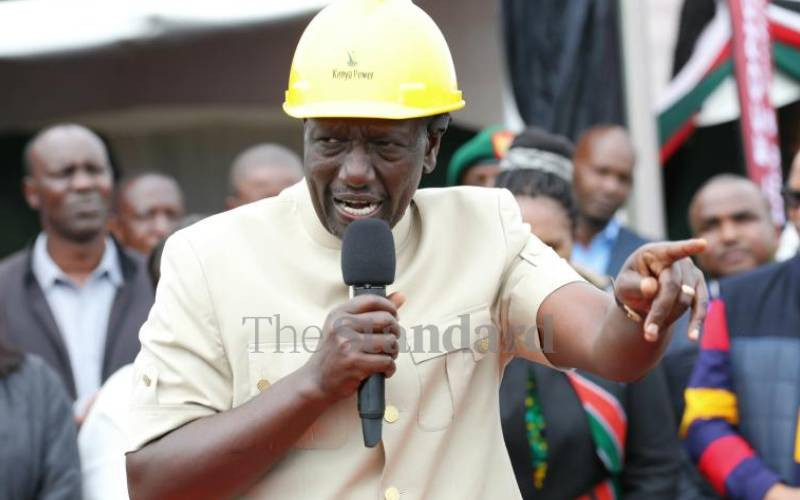×
The Standard e-Paper
Smart Minds Choose Us

President William Ruto is making a bold bet on the potential of the Kenyan diaspora to create jobs and boost the country's economy.
For a long time now, Kenyans have been moving out of the country in droves in a never-ending search for "greener pastures" - with employment and education emerging among the biggest factors pushing Kenyans abroad.